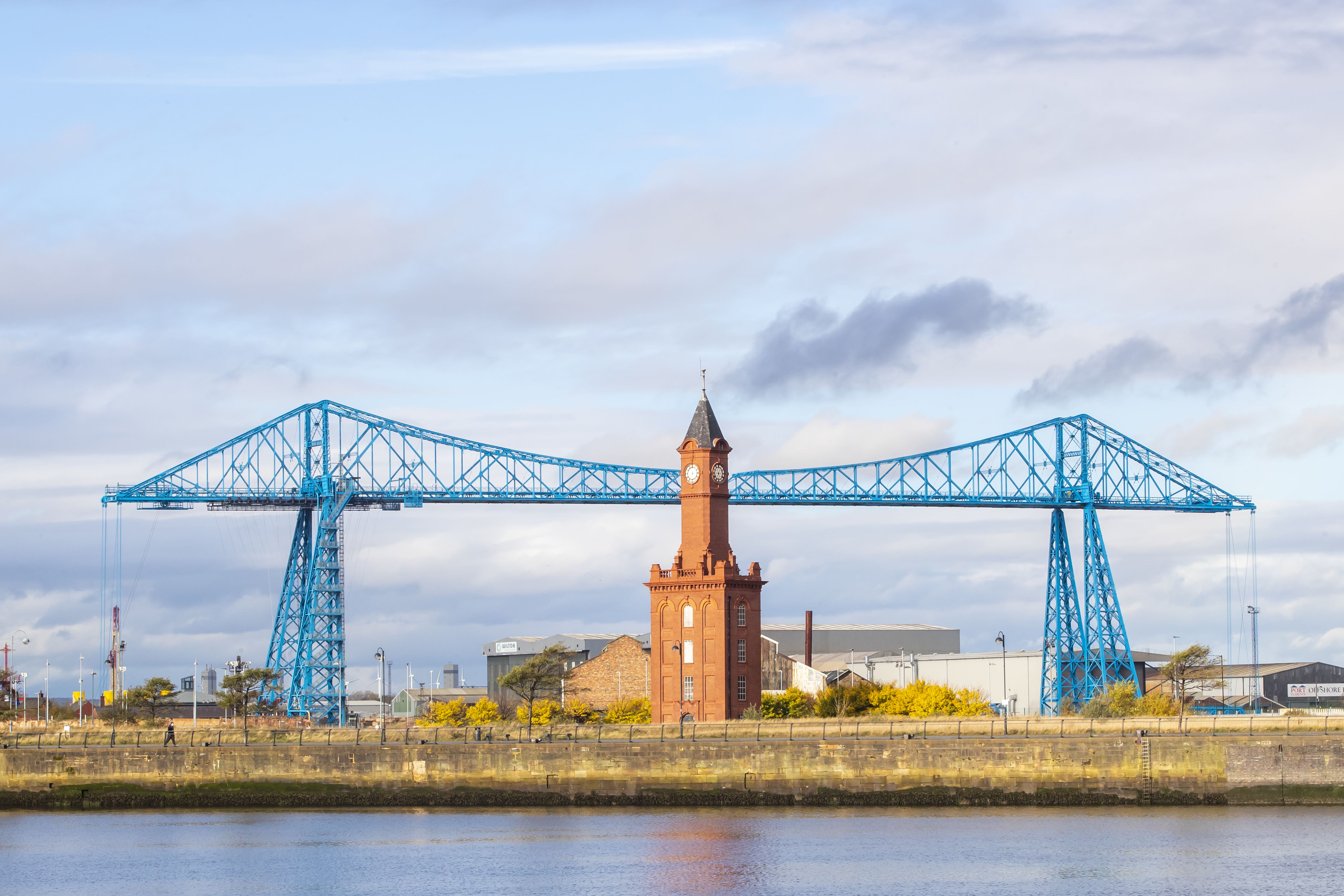Flatlining having economic impact across the UK, research finds
The report added that housing costs have increased in most places, hitting disposable incomes.

Your support helps us to tell the story
From reproductive rights to climate change to Big Tech, The Independent is on the ground when the story is developing. Whether it's investigating the financials of Elon Musk's pro-Trump PAC or producing our latest documentary, 'The A Word', which shines a light on the American women fighting for reproductive rights, we know how important it is to parse out the facts from the messaging.
At such a critical moment in US history, we need reporters on the ground. Your donation allows us to keep sending journalists to speak to both sides of the story.
The Independent is trusted by Americans across the entire political spectrum. And unlike many other quality news outlets, we choose not to lock Americans out of our reporting and analysis with paywalls. We believe quality journalism should be available to everyone, paid for by those who can afford it.
Your support makes all the difference.No part of the UK has escaped the impact of the “flatlining” of the UK economy since 2010, research suggests.
The Centre for Cities said people have been left with £10,200 less to spend or save on average since 2010 than if the economy had grown at pre-2010 trends.
A comparison by the think tanks of disposable incomes in the UK’s 63 largest cities and towns showed that every place is “out of pocket”.
Gross disposable income growth per head was £13,590 lower in London than it would have been if it had grown in line with 1998-2010 trends, while Middlesbrough and Sunderland in the North East experienced similar average shortfalls of £13,200 and £12,730 per head respectively, and people in Cardiff were £13,080 worse off on average, said the report.
The people of Burnley were especially out of pocket, where the average person was £28,090 worse off, as were people in Cambridge and Milton Keynes, where they would have been £21,000 richer on average if incomes had grown at pre-2010 trends, the study indicated.
The report added that housing costs have increased in most places, hitting disposable incomes, with the steepest rises in places in the Greater South East such as Cambridge, London and Brighton, that already had high housing costs in 2010.
According to the research, rates of children in relative poverty have risen in almost every city and the proportion of children in relative poverty who live in working households has also risen.
Andrew Carter, chief executive of Centre for Cities, said: “Both the two main political parties have pledged to grow the economy and the general election debate will have growth at its heart.
“The challenge for the next Government is to go beyond the rhetoric and to do what’s needed to make this rhetoric a reality.
“The UK has had a torrid time since the Great Recession.
“Everywhere, up and down the country, including places that were doing relatively well before, has been levelled down because of the lack of growth.
“To get growth in every place, the next Government needs to act at a radically different pace and scale, and mark the beginning of a multi-decade policy programme.
“The first step in a realistic approach to grow the economy is to recognise that the British economy is an urban economy.
“Cities account for 9% of the land and over 60% of the economy, as well as 72% of high skilled jobs.
“Their slowdown is at the heart of why the national economy is struggling.
“There is no plausible way of achieving higher growth without increasing the innovation and dynamism of urban Britain.
“This means reforming the planning system to enable cities to grow, devolving more powers and financial freedoms to encourage our big cities to make decisions that support growth, and following the levelling up rhetoric with bold actions.”
Labour deputy leader and shadow levelling up secretary Angela Rayner said: “For all their promises to level up Britain, the Tories’ 14 years of failure have seen our country levelled down with people left worse off and crying out for change.
“Labour’s mission to return Britain to growth means moving away from the Tories’ failed sticking plaster approach, boosting living standards and good jobs in every part of the country to drive productivity and opportunity.
“Labour is not afraid of making the bold calls needed to change our country, from reforming planning to get Britain building again to delivering a Take Back Control Act to give local leaders the tools to drive growth and contribute to national renewal.”
A UK Government spokesperson said: “We are committed to levelling-up every corner of the UK, investing billions to support community regeneration projects, connecting 25.7 million premises with gigabit broadband, and over 50% of England is now covered by a devolution deal.
“We have halved the number of people on low pay with increases in the national living wage, and thanks to an above-inflation increase to tax allowances, we have also saved the average earner over £1,000 a year since 2010.
“We did so after two massive global shocks – Covid and Putin’s war of aggression against Ukraine – which affected every economy worldwide. And yet, the UK has grown faster than Germany, Italy, France, Spain and Japan.”